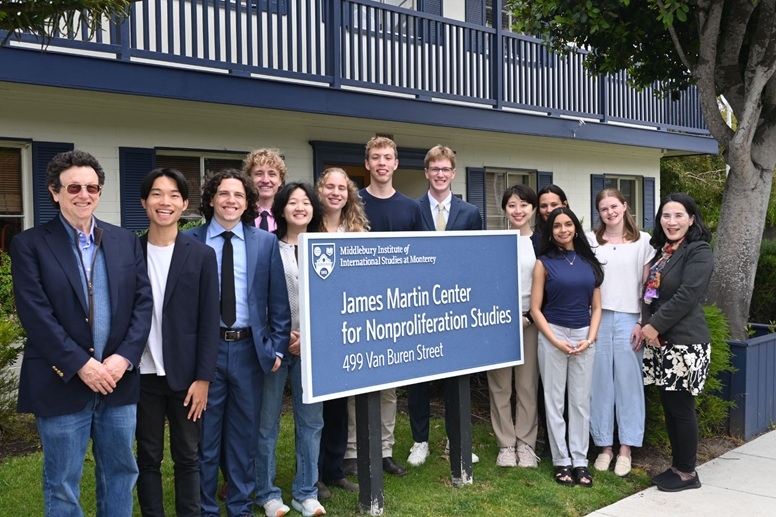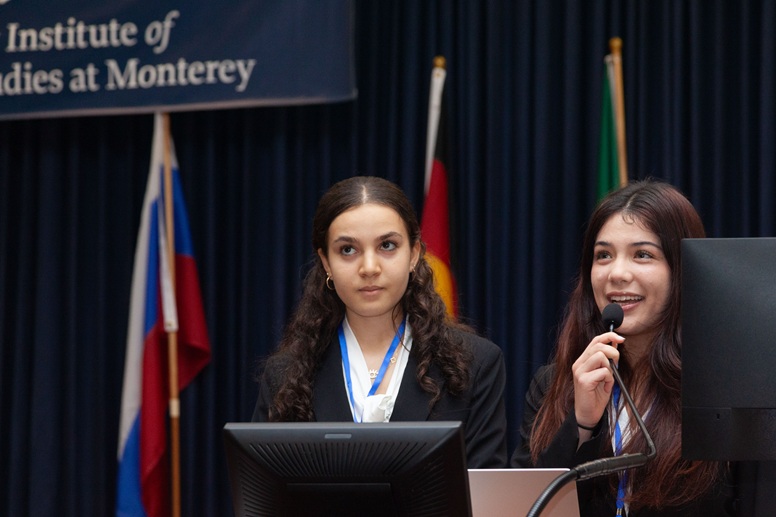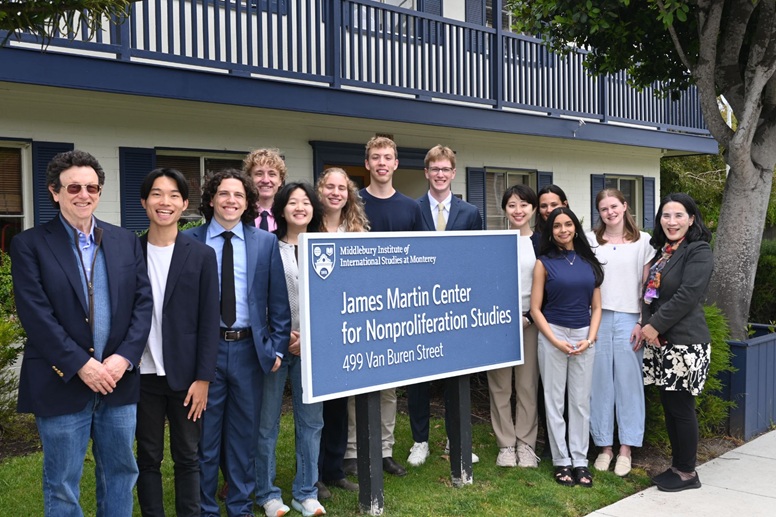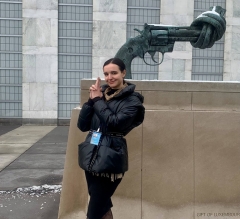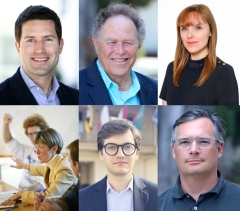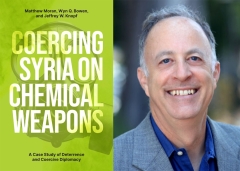Field Work: Interning at the UN Office for Disarmament Affairs (UNODA)
Middlebury Institute alum Aleksandra Zubenko interned at the United Nations Office for Disarmament Affairs (UNODA), supporting global disarmament and nonproliferation to promote global security.

